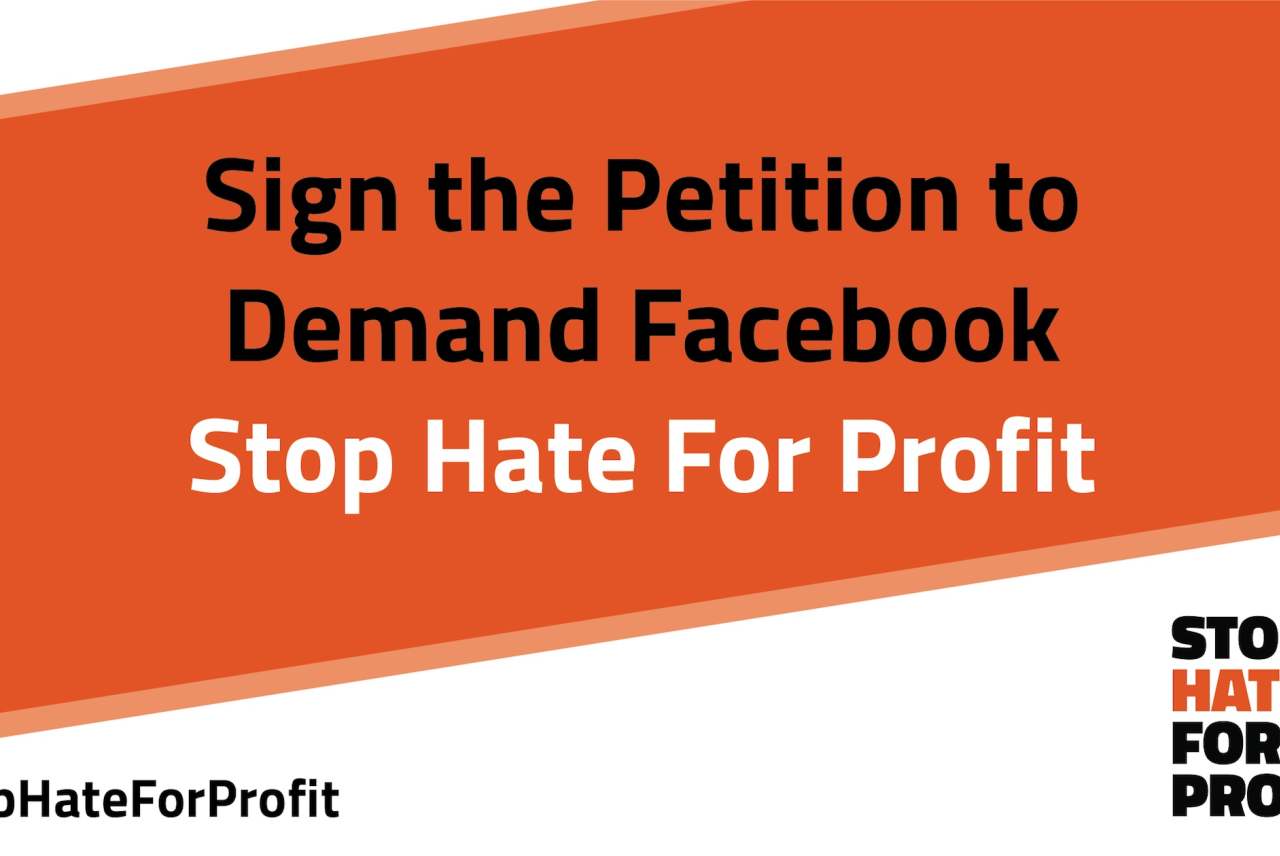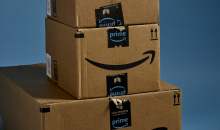Throughout July 2020, over 1,000 companies took unprecedented action against Facebook’s policies on hate by withdrawing paid advertising from the platform.
Campaigners and advertisers have long called for social media companies to take greater responsibility for their role in allowing harmful misinformation and hateful ideologies to spread.
Criticisms have intensified in recent times, in part due to the social media activities of Donald Trump, whose repeated fallacious and inflammatory posts have been allowed to influence millions of followers.
In May this year, Trump was widely condemned for inciting violence with his posts on social media in response to the protests that followed the death of George Floyd, in particular his statement “when the looting starts the shooting starts”.
While Twitter acted to hide the comment for “glorifying violence” and violating its policies, Facebook allowed the post to remain unchecked.
CEO Mark Zuckerberg stated “I disagree strongly with how the President spoke about this, but I believe people should be able to see this for themselves ...”
This was despite Zuckerberg having testified before congress in October that any content calling for violence “including [by] a politician” would be taken down.
Trump’s words served to highlight some of the entrenched problems with Facebook’s approach to moderating harmful content, which go far beyond the president’s posts.





